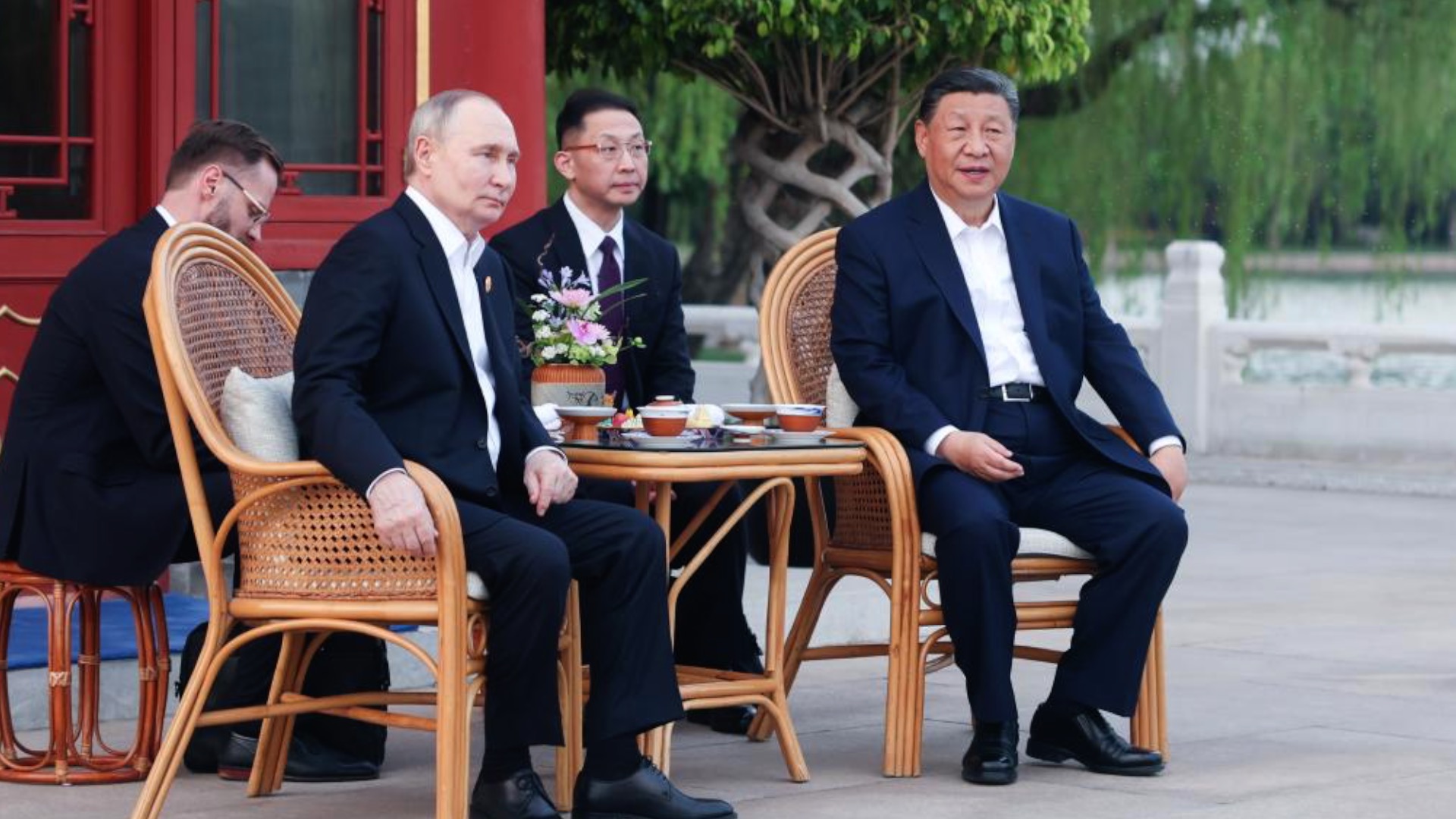Xiao Bin, Deputy Secretary-general, Center for Shanghai Cooperation Organization Studies, Chinese Association of Social Sciences
Oct 08, 2024
For the Ukrainian president to consummate his victory plan he must either wait for or create favorable external conditions. The plan is closely intertwined with the evolving dynamics of relations between China, the United States and Russia.
Philip Cunningham, Independent Scholar
Jul 31, 2024
China’s relationship with Russia puts its relationship at risk with the West, and is perhaps the most significant challenge in China-U.S. relations.
Joseph S. Nye, Professor, Harvard University
Jun 18, 2024
Two years ago, I outlined eight lessons from the Ukraine War. And though I warned that it was too early to be confident about any predictions, they have held up

Han Lu, Deputy Director of Department for European-Central Asian Studies, China Institute of International Studies
May 27, 2024
China and Russia have grown closer, but not just because they want to support one another in the face of Western pressure. Their relations have a long-standing momentum of their own. Guided by their heads of state, the comprehensive strategic partnership will only grow stronger.
Warwick Powell, Adjunct Professor at Queensland University of Technology
Apr 25, 2024
The United States has intensified its efforts to assert or reclaim American Primacy in Asia. Assert if one holds the view that it still holds military preponderance; reclaim if one believes that it doesn’t. Through a series of so-called mini-lateral arrangements, the US has in recent years sought to enlist its Asia Pacific client states, former colonies and subimperial allies to anchor a 21st Century bulwark on the western edge of America’s Lake. The Quad, AUKUS and now the trilateral involving Japan and the Philippines form part of a lattice-like network, in all practical intents and purposes, aimed squarely at the containment of China.
Xiao Bin, Deputy Secretary-general, Center for Shanghai Cooperation Organization Studies, Chinese Association of Social Sciences
Mar 22, 2024
As more relatively weak countries find themselves unable to stay out of the war, China must walk a careful path. It must avoid and mitigate risks, safeguard its national interests and put Ukraine on the road to peace at an early date. To this end, it needs a more flexible and pragmatic strategy.
Philip Cunningham, Independent Scholar
Jan 22, 2024
China and Russia’s maligned relationship looks on the surface to be a new axis of power against the U.S. - but by playing it safe, China seeks to reap the benefits of Russia’s favor without offending the West.
Xiao Bin, Deputy Secretary-general, Center for Shanghai Cooperation Organization Studies, Chinese Association of Social Sciences
Aug 25, 2023
At the recent international security gathering, China made clear that it opposes military hegemony — where a superpower seeks to settle disputes by force. China, by contrast is working to bring the international community together to shape a new order that is more just and reasonable.
Dan Steinbock, Founder, Difference Group
Jul 12, 2023
Even as the whistleblower Daniel Ellsberg of the Pentagon Papers passed away, his second secret remains hushed.
Doug Bandow, Senior Fellow, Cato Institute
May 31, 2023
President Joe Biden has expressed optimism about the U.S.-China relationship. But regardless of whether his positive outlook is warranted, disengagement is “not the way out.” Washington and Beijing must find a new way to get along.
Back to Top

- China-US Focus builds trust and understanding between the U.S. and China through open dialogue among thought leaders.
- Our Offerings
- Topics
- Videos
- Podcasts
- Columnists
- Research Reports
- Focus Digest
- Stay Connected
-
Thanks for signing up!
- Get the latest stories from China-US Focus weekly.